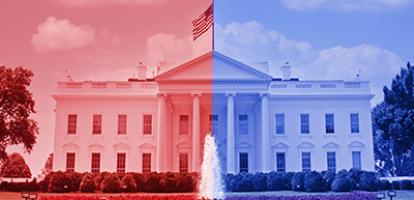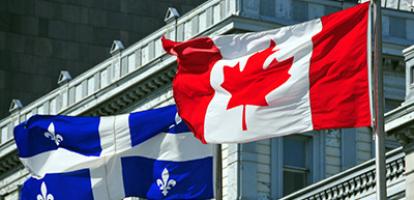From: Jon Johnson
To: Global Affairs Canada
Date: February 13, 2020
Re: A 16-year Review Process Can Help Avoid CUSMA Headaches
NAFTA was renegotiated because Donald Trump made what he called the “worst trade deal ever” a central plank in his 2016 campaign. And so now we have CUSMA.
The original US demands on the new deal included a self-destruct provision. The renegotiated NAFTA would cease to have effect after five years unless all parties agreed to extend it.
Canada and Mexico strongly resisted because businesses would not be able to plan with only a five-year time horizon. The US bent, and there is now a 16-year termination provision, which comes into effect unless the parties agree to extend for another 16 years. On its face, this provision could lead to another shotgun style renegotiation, as occurred when Trump threatened to tear up NAFTA.
However, the 16-year provision also requires a joint review of CUSMA’s operation every six years, with the possibility of successive 16-year extensions, and annual reviews if the parties do not agree to extend.
This review process could be useful if transformed into a routine mechanism to ensure that CUSMA stays up to date. After 25 years without amendment, NAFTA needed updating. It did not contain a review mechanism, other than the vague requirement that the NAFTA Free Trade Commission “oversee its [NAFTA’s] further elaboration.”
Trade in financial services has changed significantly over the past quarter century. As Frank Swedlove pointed out in his Intelligence Memo last month, the CUSMA financial services chapter provides “necessary and useful refreshment to a document [i.e. NAFTA] showing its age.”
Digital trade barely existed when NAFTA came into effect on January 1, 1994, and is now a major factor in commerce. CUSMA devotes an entire chapter to digital trade.
There are other less-known industries that did not exist when NAFTA came into effect, such as Canada’s rough diamond industry.
Canada’s first diamond mine, the Ekati Diamond Mine in the Northwest Territories, opened in 1998. By 2018, Canada was the third-largest producer of rough diamonds in the world with annual production valued at over US$2.0 billion.
CUSMA recognizes this new development by providing that its national treatment and import and export restrictions do not apply to the import and export of rough diamonds pursuant to the Kimberley Process Certification Scheme (KPCS). The KPCS was established in 2003 to prevent “conflict diamonds” (diamonds used to finance violence by rebel movements and their allies) from entering the mainstream rough diamond market. The KPCS has 54 participants (including Canada, the US and Mexico) representing 81 countries (with the EU counting as a single participant).
It requires participants to certify rough diamonds as conflict-free and imposes minimum requirements respecting trade in rough diamonds. Participants may only trade rough diamonds with other participants who observe these requirements. In short, the KPCS establishes a separate code for the trade in rough diamonds, which did not exist when NAFTA came into effect, but which CUSMA appropriately recognizes.
While CUSMA is probably the best deal that Canada could have hoped for in the NAFTA renegotiation and the updates are welcome, CUSMA provisions like the 16-year rule still have the potential to cause disruption, a hallmark of the Trump administration negotiating style.
However, political personalities change over time. The US, Canada and Mexico could use periodic review constructively to ensure that CUSMA is routinely updated to account for new developments, and avoid the uncertainty and disruption to business caused by a total renegotiation, as occurred with NAFTA.
Jon Johnson is a former advisor to the Canadian government during NAFTA negotiations and is a Senior Fellow at the C.D. Howe Institute.
To send a comment or leave feedback, email us at blog@cdhowe.org.
The views expressed here are those of the author. The C.D. Howe Institute does not take corporate positions on policy matters.





